William P. Cunningham
William P. Cunningham is an emeritus professor at the University of Minnesota. In his 38-year career at the university, he taught a variety of biology courses, including Environmental Science, Conservation Biology, Environmental Health, Environmental Ethics, Plant Physiology, and Cell Biology. He is a member of the Academy of Distinguished Teachers, the highest teaching award granted at the University of Minnesota. He was a member of a number of interdisciplinary programs for international students, teachers, and nontraditional students. He also carried out research or taught in Sweden, Norway, Brazil, New Zealand, China, and Indonesia.
Professor Cunningham has participated in a number of governmental and nongovernmental organizations over the past 40 years. He was chair of the Minnesota chapter of the Sierra Club, a member of the Sierra Club national committee on energy policy, vice president of the Friends of the Boundary Waters Canoe Area, chair of the Minnesota governor’s task force on energy policy, and a citizen member of the Minnesota Legislative Commission on Energy.
In addition to environmental science textbooks, he edited three editions of the Environmental Encyclopedia, published by Thompson-Gale Press. He has also authored or coauthored about 50 scientific articles, mostly in the fields of cell biology and conservation biology, as well as several invited chapters or reports in the areas of energy policy and environmental health. His Ph.D. from the University of Texas was in botany.
Professor Cunningham’s hobbies include photography, birding, hiking, gardening, and traveling. He lives in St. Paul, Minnesota, with his wife, Mary. He has three children (one of whom is coauthor of this book) and seven grandchildren.
Both authors have a long-standing interest in the topics in this book. Nearly half the photos in the book were taken on trips to the places they discuss.
Mary Ann Cunningham
Mary Ann Cunningham is an associate professor of geography at Vassar College. A biogeographer with interests in landscape ecology, geographic information systems (GIS), and climate impacts on biodi-versity and food production, she teaches environmental science, natural resource conservation, land-use planning, and GIS. Field research methods, statistical methods, and data analysis and visualization are regular components of her teaching. Every aspect of this book is woven into, and informed by, her courses and her students’ work. As a scientist and an educator, Mary Ann enjoys teaching and conducting research with both science students and non-science liberal arts students. As a geographer, she likes to engage students with the ways their physical surroundings and social context shape their world experience. In addition to teaching at a liberal arts college, she has taught at community colleges and research universities.
Professor Cunningham has been writing in environmental science for nearly two decades, and she has been coauthor of this book since its seventh edition. She is also coauthor of Principles of Environmental Science (now in its eighth edition) and an editor of the Environmental Encyclopedia (third edition, Thompson-Gale Press). She has published work on pedagogy in cartography, as well as instructional and testing materials in environmental science, and a GIS lab manual that introduces students to spatial and environmental analysis. She has also been a leader in sustainability programs and climate action planning at Vassar.
In addition to environmental science, Professor Cunningham’s primary research activities focus on land-cover change, habitat fragmentation, and distributions of bird populations. This work allows her to conduct field studies in the grasslands of the Great Plains, as well as in the woodlands of the Hudson Valley. In her spare time she loves to travel, hike, and watch birds. Professor Cunningham holds a bachelor’s degree from Carleton College, a master’s degree from the University of Oregon, and a Ph.D. from the University of Minnesota.
AP WRITERS AND CONTRIBUTORS
Dr. Margaret Scot (Scottie) Smith | The Canterbury School of Florida | St. Petersburg, Florida
Credentials: Dr. Margaret Scot (Scottie) Smith is the Upper School Principal, AP Environmental Science instructor, and AP Chemistry instructor at The Canterbury School of Florida in St. Petersburg, Florida. Scottie received her B.S. in Microbiology from Auburn University and her Ph.D. in Microbiology from Texas A&M University. Her dissertation research studied the humoral regulation of the immune spectrum in tuberculosis. She did her postdoctoral work on Legionella and marijuana at the University of South Florida. She was an adjunct professor at the University of Tampa teaching Environmental Science for several years. She has been teaching AP ES since 1998 and has been an AP Exam Reader since 1999. She has served as a Table Leader from 2003–2008 and 2014–2016. She has been a College Board Consultant since 2001, presenting both workshops and weeklong AP Summer Institutes. She is College Board endorsed in Environmental Science, Pre-AP Science, and Strategies for Success in AP Science. She is the Editor of College Board’s AP Environmental Science Special Focus: Ecology, published in the fall of 2008. She authored the first AP Achiever - Environmental Science for McGraw-Hill. Scottie is actively involved in preparing students for the Envirothon, North America’s largest environmental competition. Her 1999 and 2003 teams were the Florida Envirothon champions. She has led students on scientific adventures throughout the United States, particularly in Florida, and to Ecuador and the Galapagos Islands on several occasions.
Denise M. Ortiz | New Braunfels Independent School District
Denise has 12 years of experience teaching AP Environmental Science and other Pre-AP science courses at New Braunfels Independent School District. Denise received her B.S. in biology along with her education certificate from Southwest Texas University, and her M.S. in multidisciplinary science from University of Incarnate Word. Denise has worked with the College Board as an AP grader since 2007 and as an AP table leader since 2014. Denise has been involved in multiple editions of the McGraw-Hill AP Environmental Science teacher’s manual.













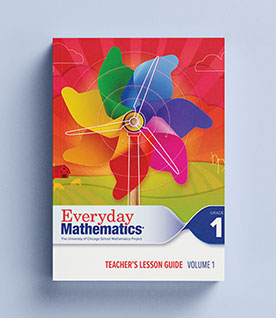































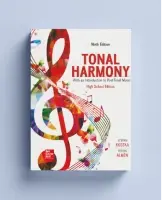
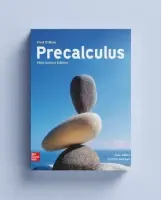

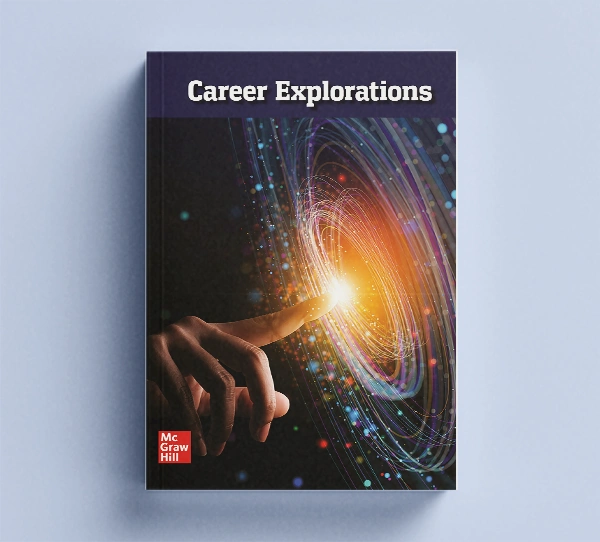
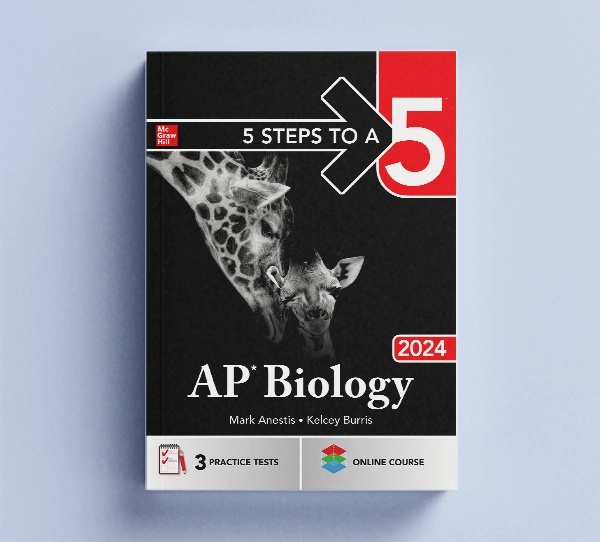

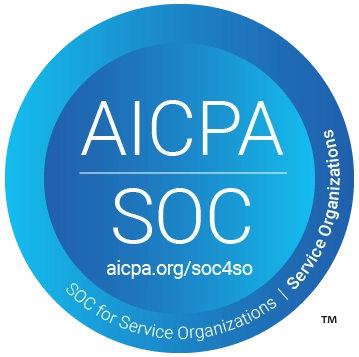
Social Studies
View all Social Studies Programs
IMPACT (K–5)
Actively Learn (3–12)
New Social Studies (6–12)
Networks (6–12)